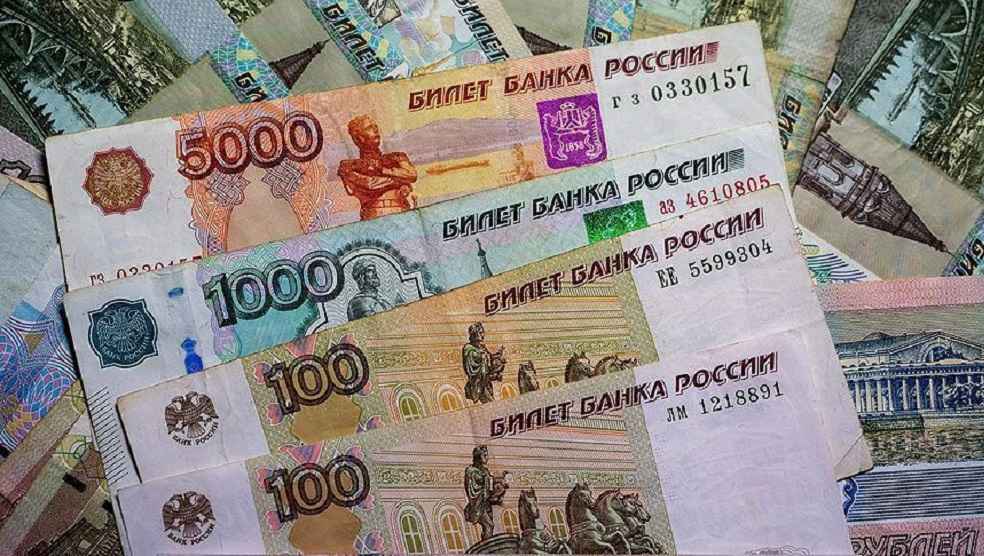Russian lawmakers have approved a groundbreaking law allowing cryptocurrency for international payments, a strategic response to severe financial sanctions from Western nations due to the Ukraine conflict.
The State Duma, Russia’s lower house of parliament, passed the legislation on Tuesday. Anatoly Aksakov, head of the Duma, declared this a “We are taking a historic decision in the financial sphere,” as reported by Reuters. This law empowers Russian businesses to engage in cross-border trade using cryptocurrencies, aiming to alleviate the sanctions’ impact.
Mati Greenspan, CEO of Quantum Economics, emphasized the advantages of this shift. “Bitcoin transactions cannot be censored or blocked by any government or bank,” he explained. Greenspan highlighted that bitcoin’s widespread use in daily commerce now outweighs the costs of restricting such transactional freedom.
Bitcoin, the world’s largest digital currency, has seen its value more than double over the past year. Factors like the approval of the first U.S. spot bitcoin exchange-traded funds and the upcoming halving event, reducing the supply of new tokens, drive this surge. Currently, bitcoin is valued at $66,000, marking a 120% increase over the past 12 months, according to CoinGecko data.

The legislation’s approval coincides with escalating tensions between Russia and Western nations, particularly the United States and its allies. Following Russia’s invasion of Ukraine in February 2022, the U.S., European Union, and Britain imposed numerous sanctions targeting Russian President Vladimir Putin, the country’s financial sector, and several oligarchs.
This new law also grants the Russian central bank authority to use private digital currencies for international transactions. Central Bank Governor Elvira Nabiullina stated that crypto-based payments are expected to commence by the end of 2024. “We are already discussing the terms of the experiment with ministries and departments, with businesses, and we expect that the first such payments will take place before the end of this year,” she said.
This marks a significant policy reversal for the Russian central bank, which in January 2022 proposed banning cryptocurrencies for transactions and mining, citing risks to financial stability and monetary policy sovereignty.

Beyond embracing cryptocurrencies for international payments, Russia is exploring a digital version of the ruble. Governor Nabiullina indicated that the central bank aims to transition from a pilot phase to mass implementation of the digital ruble by July 2025, as reported by Interfax.
Unlike decentralized cryptocurrencies such as bitcoin, central bank digital currencies (CBDCs) are issued by governments and designed to replicate fiat currencies in digital form.
Adopting cryptocurrency for international payments serves as a strategic movw to bypass financial restrictions. “This will help the Russians open up cross border payments with countries and businesses that would otherwise be closed to them due to U.S. sanctions,” said Greenspan of Quantum Economics.

Other sanctioned countries, such as North Korea and Iran, have similarly turned to cryptocurrencies to evade financial barriers. North Korea’s state-backed hacking group Lazarus, for instance, has been linked to a $600 million heist on the Ronin Network, a blockchain supporting the NFT game Axie Infinity.
Proponents of cryptocurrencies argue that these digital assets can counter illicit activities due to their transparent and immutable transaction records on blockchain networks. This transparency, they claim, enhances the ability to track and prevent fraudulent activities.
DON’T MISS | US and Thailand Boost Trade Relations, Tighten Controls on Dual-Use Items



